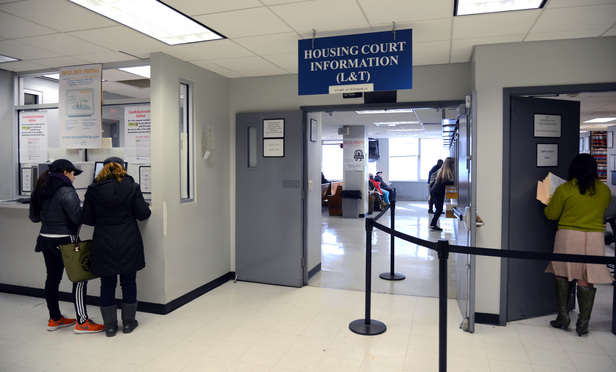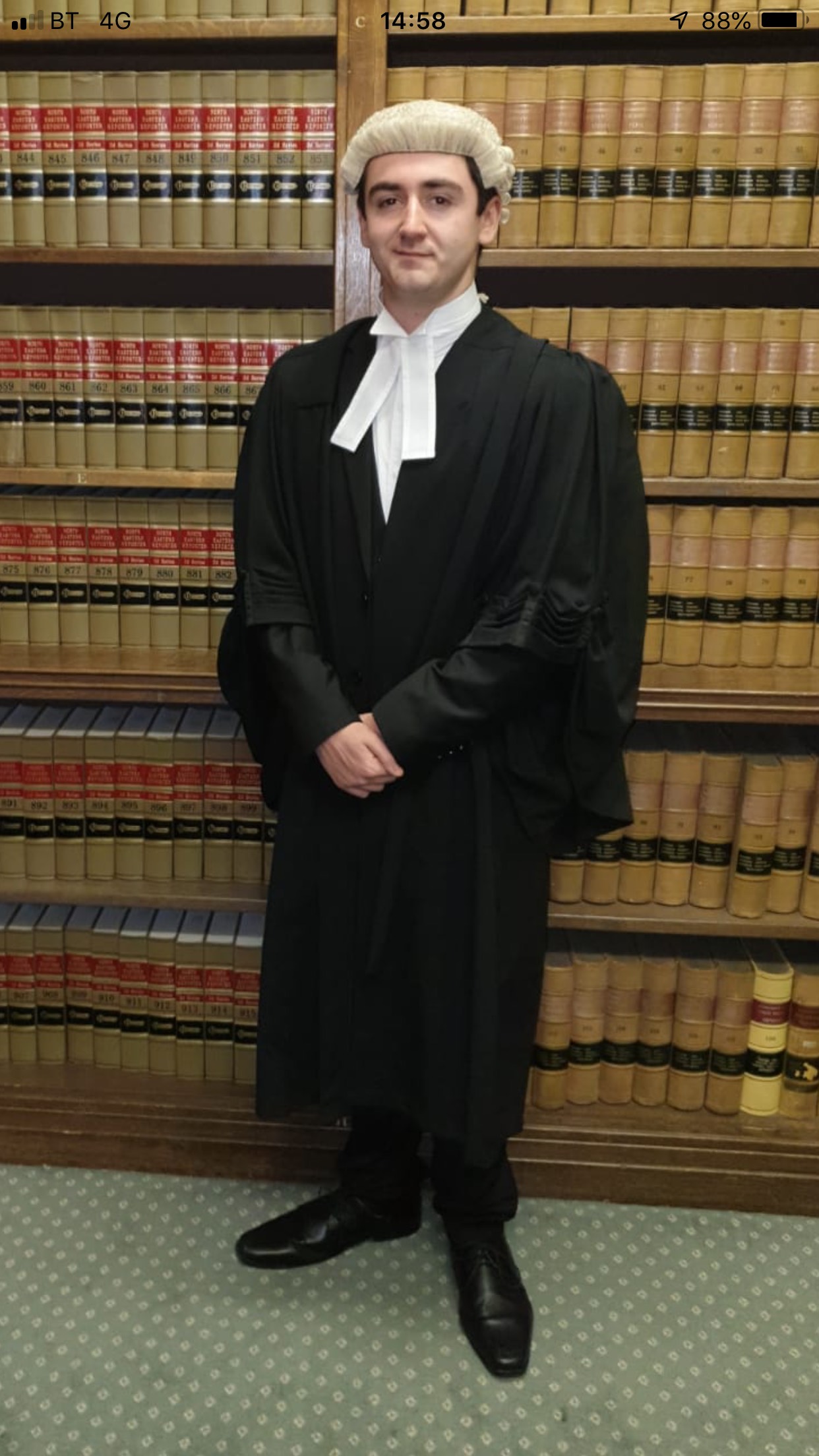
Abdul Muhid (student)
A vegan is a person who does not eat or use any animal products, including dairy and eggs. Ethical vegans go one step further and try to negate use of all forms of products which have ingredients that trace back to animals. They also tend to avoid wearing or purchasing clothes made from wool or made by companies which use animal testing.
The Equality Act 2010 protects employees from discrimination based on their religion or belief. In a landmark legal case, Jordi Casamitijana claimed he was sacked by the League Against Cruel Sports due to his belief of ethical veganism. However, his former employer states that his dismissal was due to gross misconduct.
Mr Casamitijana (55) claimed, that he was fired after he had told his fellow employees about some information, he had discovered regarding the charity’s investment in pension funds in firms which have relations with animal testing.
Before he informed his work colleagues about the information, he mentioned it to his boss and they did nothing, therefore he decided to inform his peers at work which resulted in his dismissal.
His employer stated that it is factually wrong for Mr Casamitijana to link his dismissal to his veganism.
The judge ruled that people with ethical veganism beliefs, should have access to the same legal protections in British workplaces as those who have religious beliefs. Mr Casamitijana said he was happy with the ruling (which is ongoing), he also added that he wants his fellow vegans to benefit from this.
Religion or belief is in the category for “protected characteristics” covered in the Equality Act 2010. Judge Robin Postle referring to the act, ruled that ethical veganism satisfies several tests of the Equality Act, allowing it to qualify as a philosophical belief. He described ethical veganism as “important” and worthy of “respect” in a democratic society.
At the Staffordshire University Legal Advice Clinic (SULAC), students offer free legal advice on discrimination in the workplace and a number of other issues to members of the public. SULAC is currently open and offers appointments at Stoke and Stafford. For more information, or to book an appointment please contact: SULAC@staffs.ac.uk or call 01782 294800










